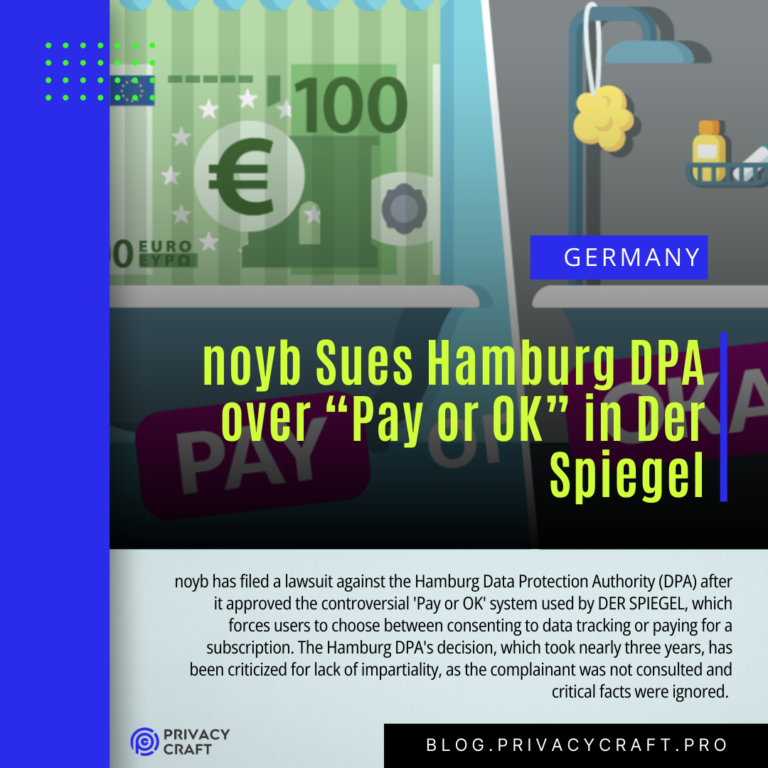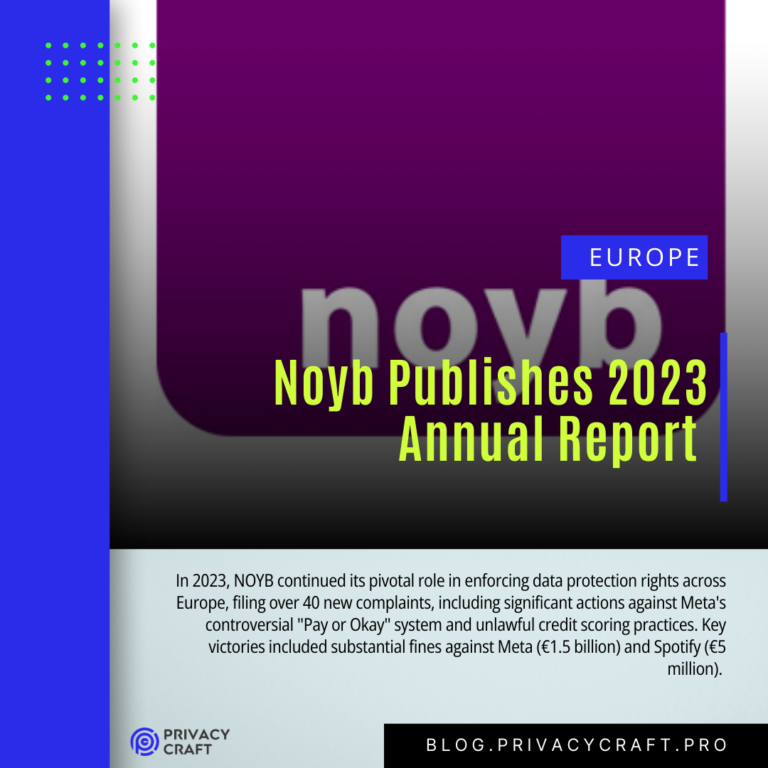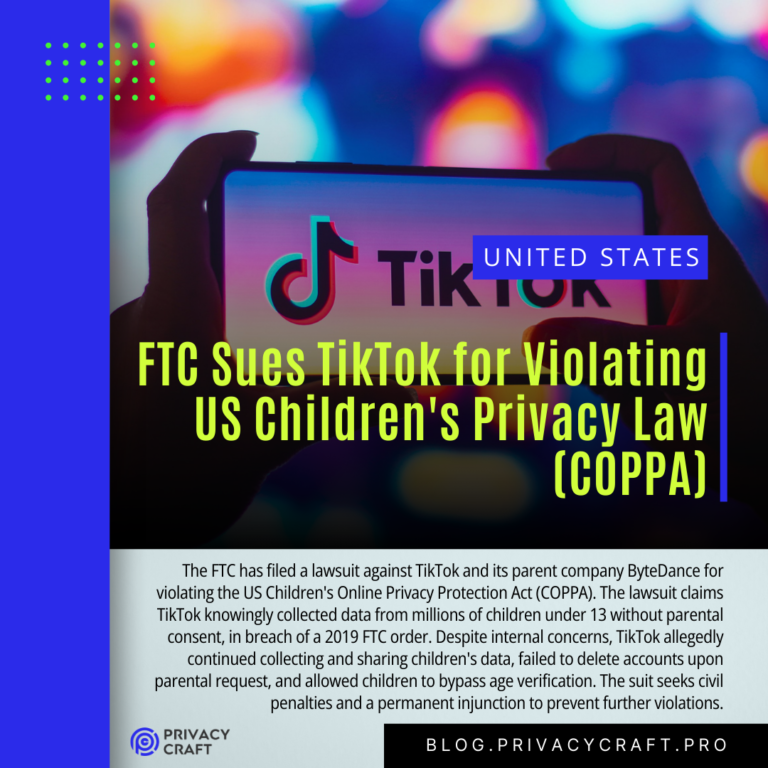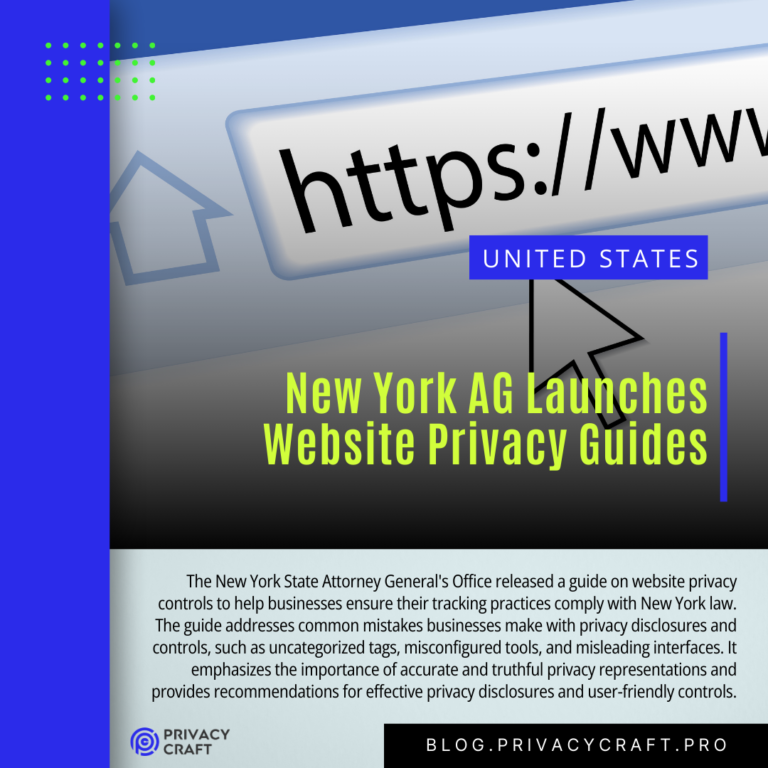The AI & Privacy Explorer #31 (29 July – 4 August)
Welcome to the AI digital and privacy recap of privacy news for week 31 of 2024 (29 July – 4 August)! This edition at a glance: 👈 Swipe left for a quick overview, then find 🔍 more details on each topic below. Subscribe 🤖 The EU AI Act entered into force The European Commission issued […]
The AI & Privacy Explorer #31 (29 July – 4 August) Read More »




